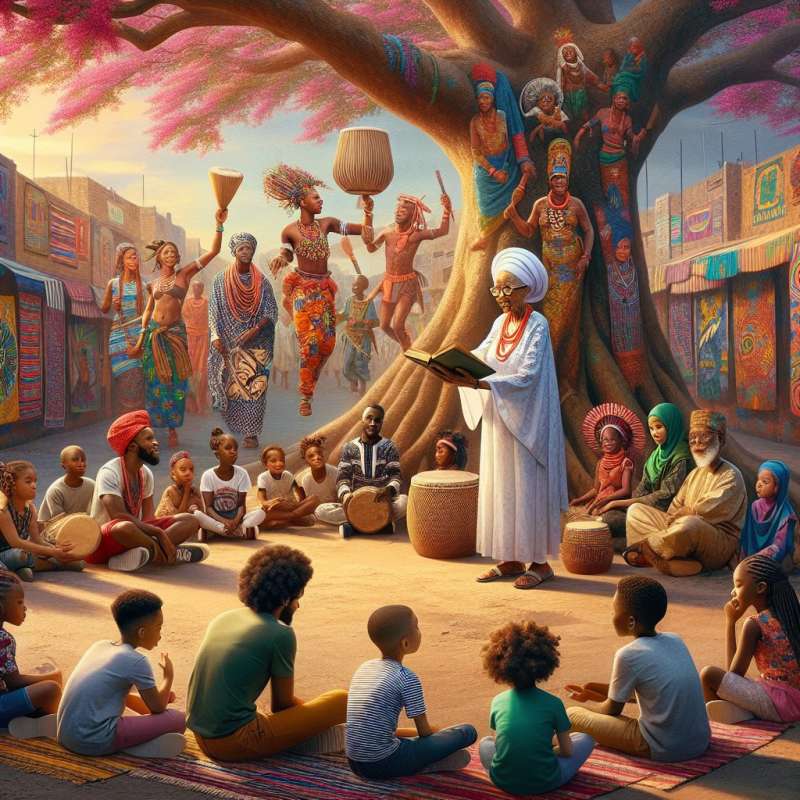
Introduction to Post-Colonialism
Post-colonial nation-building involves newly independent states developing governance structures after imperial rule. It often requires confronting legacies of exploitation and cultural assimilation.
Challenges of New States
Newly formed nations face challenges like creating a unifying national identity, managing diverse populations, and establishing economic stability amidst often artificially drawn borders by colonial powers.
Economic Restructuring Efforts
Post-colonial economies frequently shift from export-oriented to diversified models. Countries like India have transitioned from British-imposed cash crop economies to self-sufficient, mixed economies.
Cultural Renaissance Movement
Countries like Nigeria experienced a cultural renaissance post-independence, with local literature and arts flourishing as a means of reasserting indigenous identities and values.
Political System Overhauls
Many African nations replaced colonial governance structures with either socialist policies, as seen in Mozambique, or democratic institutions, which often faced challenges such as corruption.
Non-Aligned Movement Impact
Post-colonial nations like India and Egypt were key in the Non-Aligned Movement, advocating for a middle path in Cold War politics and striving for collective economic and political security.
Unexpected Success Stories
Botswana, defying expectations, transformed from one of the poorest countries at independence in 1966 to a stable, democratic, and relatively prosperous nation by carefully managing diamond revenues.
What does post-colonial nation-building involve?
Developing new entertainment industries
Confronting exploitation legacies
Ignoring past colonial influences
Company